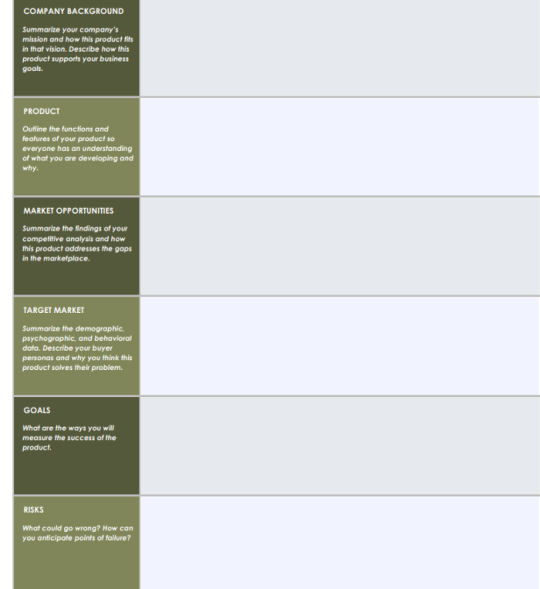4 Ways to Benefit From Word of Mouth Marketing
Word of Mouth is a top tool. What customers and prospects say about you determines your success. Word of Mouth Marketing is what your customers and prospects say about you when you are not around. In other words, it’s your reputation in the industry. The best part of this is that you can control Word of Mouth Marketing.
How do you leverage the power of Word of Mouth Marketing?
1. Help others in their time of need.
2. Offer Value to Customers
We need to provide value to customers. By providing value through your product or service, we can earn the right to ask for testimonials referrals from customers.
3. Testimonials: Letting customers speak for you
Prospects will believe what your customers’ say about you more than anything you say. Your customers could provide LinkedIn recommendations or video testimonials. These testimonials could be shared on your website and social networking sites like Yelp, LinkedIn, Twitter and Facebook.
4. Become an Industry Expert and Resource for Customers
Provide value to your customers and to improve your online word of mouth marketing by creating an e-zine, publish a blog and/or online newspapers.
How have you used Word of Mouth Marketing?

